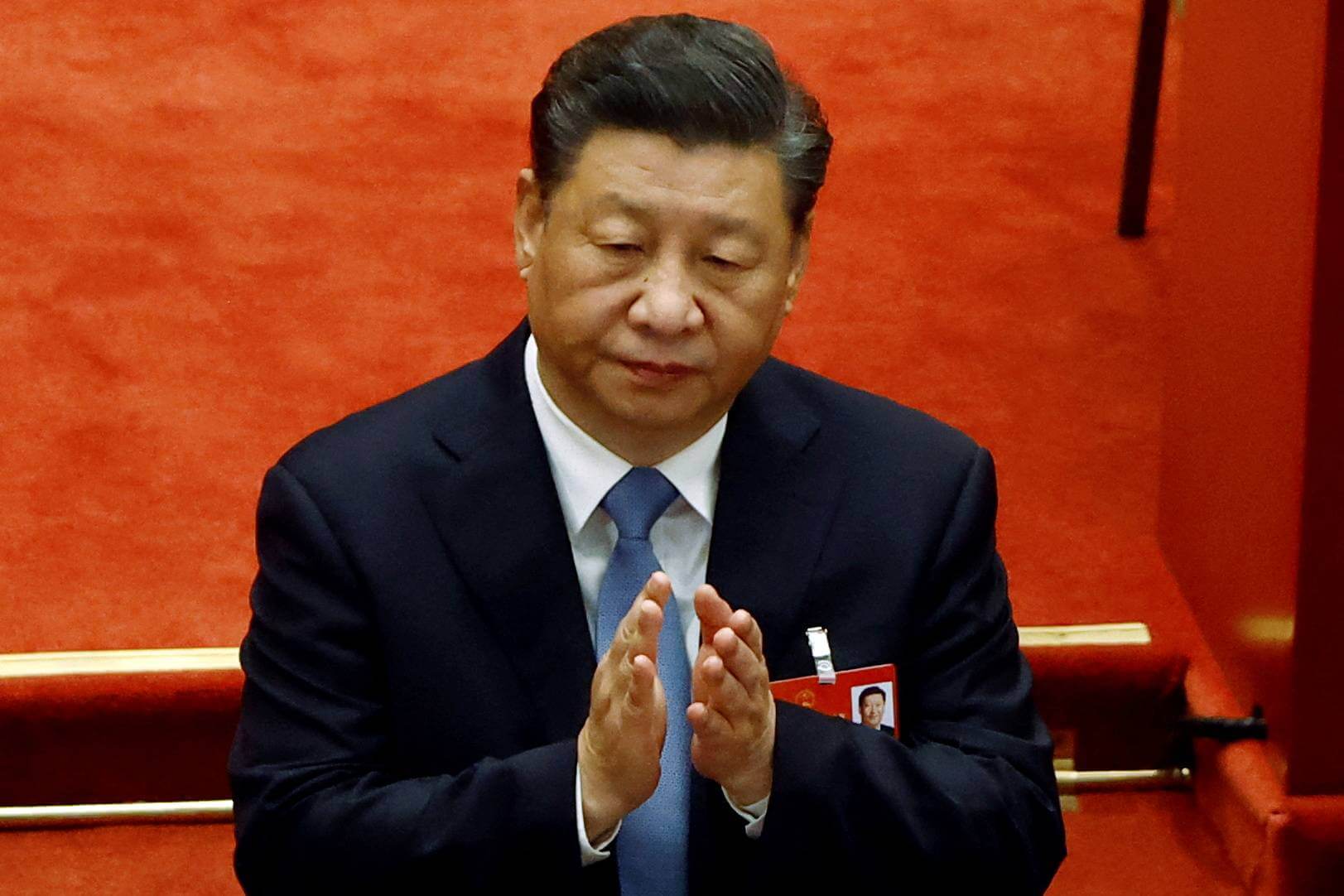In a bid to bolster stability and development in Afghanistan, China is hosting two separate international meetings on the humanitarian and economic crisis in the war-torn country. Both meetings are being held in the historic eastern town of Tunxi to maintain a safety bubble amid lockdowns across major Chinese cities due to record COVID-19 case numbers.
The first of the two meetings is a two-day summit with the foreign ministers (FM) of Afghan neighbours Russia, Pakistan, Iran, Tajikistan, Turkmenistan, and Uzbekistan, wherein representatives from Indonesia and Qatar will participate as guests. Crucially, the Taliban’s acting FM, Amir Khan Muttaqi, will also attend the meeting.
📺 Russia's FM Sergey Lavrov greets the delegation of Afghanistan helmed by Acting FM Amir Khan Muttaqi ahead of the meeting «on the sidelines» of the Third Meeting of Foreign Ministers of Afghanistan's Neighbouring Countries in Tunxi, China. #RussiaAfghanistan #Handshake pic.twitter.com/nhaOciXSEa
— MFA Russia 🇷🇺 (@mfa_russia) March 31, 2022
Expressing his optimism about the meeting, Chinese foreign ministry spokesperson Wang Wenbin said that the third foreign ministers’ Meeting among the neighbouring countries of Afghanistan will help “further cement the consensus of all parties” and “help Afghanistan achieve peace, stability, and development at an early date.”
🇷🇺 Russian Foreign Minister Sergey Lavrov takes part in the Third Meeting of Foreign Ministers of Afghanistan's Neighbouring Countries 🇦🇫
— MFA Russia 🇷🇺 (@mfa_russia) March 31, 2022
📍 Tunxi, China pic.twitter.com/63tGkhjsCe
On the first day of the discussions, Chinese President Xi Jinping focussed on the need to support development and reach a “consensus and coordinate support” for Afghans. He highlighted that the country is currently at a “critical point of transition from chaos to order,” arguing that a “peaceful, stable, developing, and prosperous” Afghanistan is in the “common interests of regional countries and the international community.” To this end, he reiterated his support for the country’s “sovereignty, independence and territorial integrity.”
The second meeting will be convened between special envoys of the Extended Troika, which includes China, the United States (US), and Russia, all of which have a “significant influence” on the issue. Russia’s participation in the “Extended Troika” meeting is especially relevant, as the Ukraine conflict continues to taint its relations with the West, particularly with the US, which has introduced severe sanctions and cut economic ties with Moscow.
Nevertheless, Wang confirmed that the China-US-Russia consultation mechanism would take place, with the focus being on seeking a “synergy” between the meetings of the Extended Troika and the neighbouring countries.
Amid Ukraine war, US, Russia reps on Afghanistan to meet in China today: Troika Plus [US, China, Russia, Pakistan] talks and meeting of Foreign Ministers of Afghanistan's Neighbours taking place in Anhui. Taliban FM also present. But India deemed not "a neighbour" so not invited. pic.twitter.com/KUEyJcRKDc
— Ananth Krishnan (@ananthkrishnan) March 31, 2022
Meanwhile, Chinese FM Wang Yi separately met with his counterparts from Russia, Pakistan, and Qatar on Wednesday. During his meeting with Pakistani FM Shah Mahmood Qureshi, Wang spoke of the Ukraine crisis and said that countries should be “especially vigilant about the negative spillover effects” of the crisis. He also warned against allowing the “Cold War mentality” to take over Asia, which he cautioned could result in small and medium-sized countries being used as “tools or sacrificial objects” as part of a larger power tussle.
Similarly, in his discussions with Lavrov, he said that the Ukraine crisis is a result of the rise in “accumulated European security contradictions, Cold War thinking, and confrontations between groups.”
🇷🇺🇨🇳 Foreign Ministers Sergey Lavrov and Wang Yi meet in Tunxi, China#RussiaChina 🤝 pic.twitter.com/tMaLlQmn0z
— MFA Russia 🇷🇺 (@mfa_russia) March 30, 2022
These meetings come as the Taliban continues to attract international condemnation for its failure to keep its promise of protecting critical human rights and freedoms upon taking control of the country in August.
Just this week, the Taliban banned women from boarding flights unless they are accompanied by a mahram, or male relative. Additionally, on Monday, the group forbade the entry of beardless employees into government offices.
In a blow to media rights and freedoms, they ordered the closure of the BBC’s broadcast operations in Afghanistan and have already mandated all female journalists to wear hijabs. In a similar vein, foreign televised drama shows have also been banned.
Moreover, last Wednesday, the group decided to disallow girls from attending high school, days after promising the opposite. Consequently, the US decided to cancel its discussions with the Taliban in Doha, which was seen as a “potential turning point” in its engagement with the group. Furthermore, the World Bank has halted four projects worth $600 million in Afghanistan.
Despite these crackdowns, China has refrained from directly referring to the Taliban’s human rights abuse prevalent in the country. In fact, Chinese FM Wang Yi visited Kabul last week and vowed to respect: the independence, sovereignty and territorial integrity of Afghanistan; the independent choices made by the Afghan people; and the religious beliefs and national customs of Afghanistan. He also discussed Afghanistan’s prospective role in the Chinese Belt and Road initiative (BRI).
In this respect, China’s comments during this week’s meetings are likely to centre on its economic and strategic interests in Afghanistan, as securing stability in Kabul under the Taliban is critical to pursuing their infrastructural aspirations, particularly the BRI, in the country. Beijing also counts on the Taliban’s support to prevent the spread of the East Turkestan Islamic Movement into Chinese territory.

